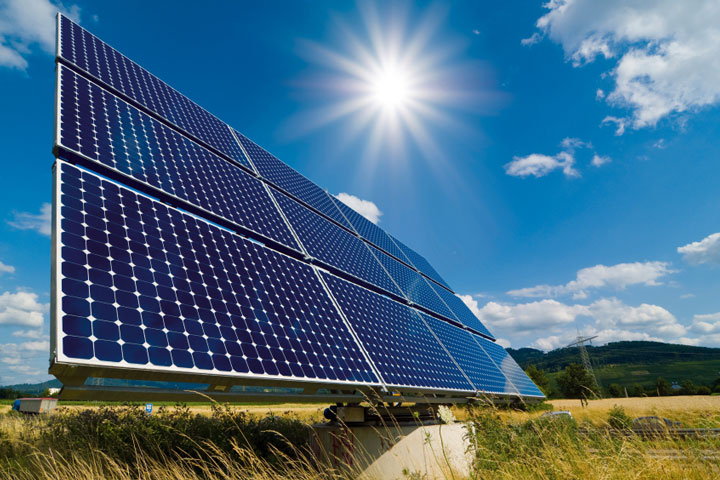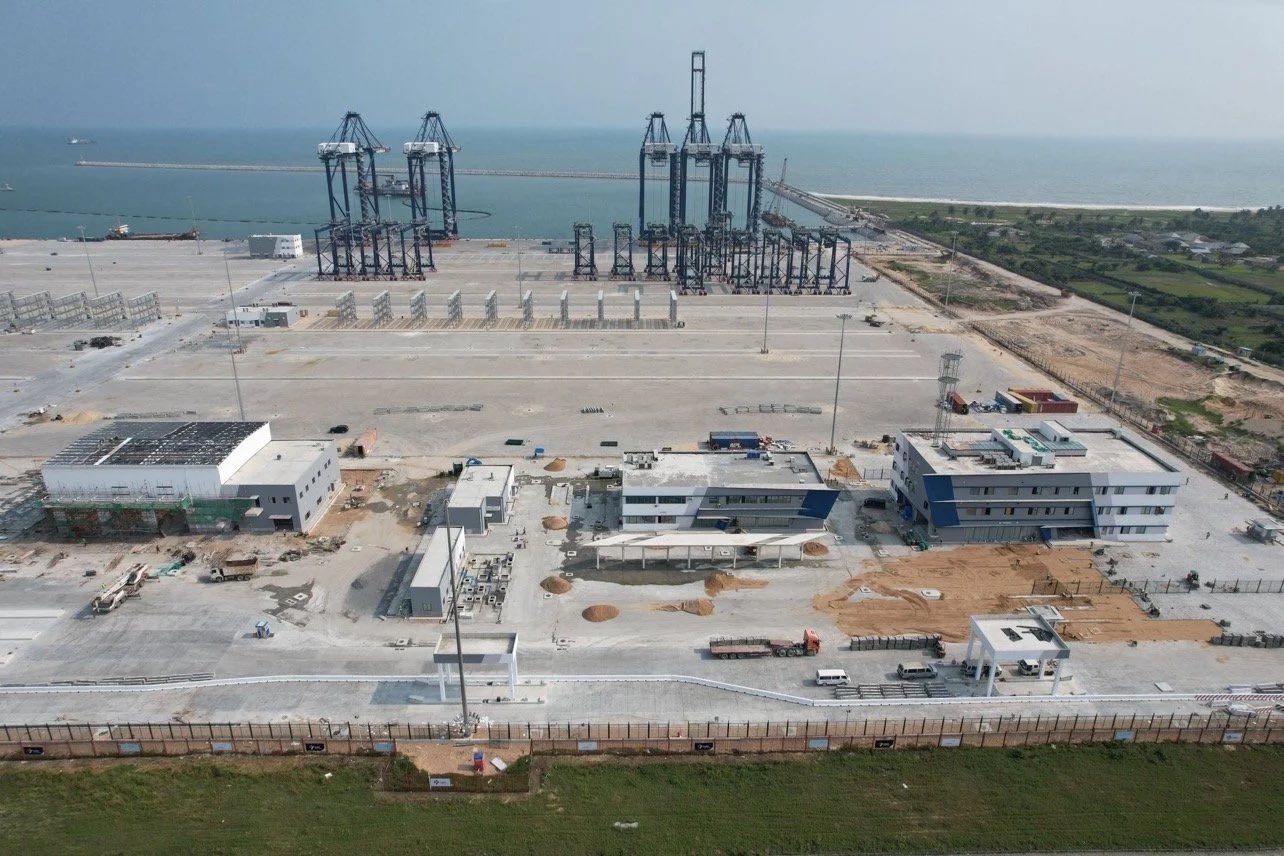- Govt Blamed for Low Investments in Renewable Energies
The Federal Government should be blamed for the low investment in renewable energies and the lack of improvement in electricity supply in the country, Manager, Business Development and Strategies, Green Power Oversees Limited, Mr. Olumide Aina, has said.
He said had the Federal Government developed and maximised potential in the renewable energies that are at its disposal by increasing their investment, power supply would have improved in the country.
He spoke on the sidelines of a seminar organised by Green Power in Ikeja. He added that the failure of the government to provide a conducive environment for it is affecting investments in renewable energies, such as solar and biomass.
He said efforts of the government to improve activities in solar and other renewable energies had been frustrated by the political climate.
Aina said: “The political terrain in the country is bad such that investors are afraid of coming out to invest in solar or any other type of renewable energy. Nobody wants to come out and invest renewable energy in Nigeria for fear of not recording success. The moment there is political and economic instability in a society, it is difficult for investment to take place. In the energy sector, investment is more difficult because the area is sensitive and any negative reaction in one unit of production usually has spiral effects on the other units.’’
According to him, it is obvious that the government is not interested in improving investment in that sub-sector of the power sector in view of its non-challant attitudes.
He, however, said the Private-Public Partnership (PPP) model would help in increasing investment in renewables if it’s well-packaged and implemented, noting that investments in that area in the past tilted towards private-to-public institutions.
He said the cost of deploying solar solution was high, stressing that huge capital was required to get the value in solar energy. Though the price of solar power materials, such as panel and battery, is coming down, it is still very expensive.
He said his firm is one of the institutions that pioneered investment in solar power, adding that was what informed the decision of the firm to improve development in that area of the power industry.
He said the seminar was organised to train the firm’s partners and engineers in the sector.
The idea, Aina said, was part of efforts to show more commitment to the development of Gamatronic Solution in the country.
Gamatronic is an Isreali-based company that provides uninterrupted power globally.
He said through the seminar, Nigerians from the low-end to the high-end strata of the society were trained on the use, sales and deployment of Utility Power System(UPS) and other solutions for increased socio-economic activities.
He said there are various sizes of UPS, adding that there are UPS with 60KVA, which is for domestic use and 1000KVA UPS for industrial use, adding that individuals and companies determine the solution that is suitable for them.
He said UPS and generators serve as backups, adding that if there is a power failure from the grid, the two apparatus fill the gap for the users immediately.
Participants at the seminar include Mr. OyinloyeTosin of Master Integrity Energy; Mr. Mohammed Qumber of Gamatronic Electronic; Mr.Kayode Oginni ofGinnisSuntech; and Bukola Ayeni of Greenpower.


 Forex3 weeks ago
Forex3 weeks ago
 Naira3 weeks ago
Naira3 weeks ago
 Billionaire Watch3 weeks ago
Billionaire Watch3 weeks ago



 Naira3 weeks ago
Naira3 weeks ago






 Naira3 weeks ago
Naira3 weeks ago




 Naira2 weeks ago
Naira2 weeks ago






 Naira2 weeks ago
Naira2 weeks ago




 Naira4 weeks ago
Naira4 weeks ago























